Australia’s climate is the perfect place for any would be gardeners, mild winters mean it’s possible to garden all year round. Working out in nature brings with it some massive benefits both for your physical and mental health, it’s quick and easy and only requires a small amount of your time in total. At Sydney Gardeners we’re professionals in all things gardening and this guide we’ll show you how you can start a garden today with no previous experience needed.
The most important part of a garden is the quality of the soil, plants won’t grow if they can’t gather nutrients from the ground, your first step as a gardener is to ensure proper soil health. Starting by digging up the earth to loosen it and allow the roots to dig deep, hard or compressed soil makes it difficult for the roots of any plant to expand in the ground.
Once you’ve loosened the soil you’re going to need to inspect it, give it a feel and a sniff. Does it smell of chemicals or paint? Is it full of sand? If you can use small chemicals you’re going to need to soak it deeply so the water dilutes the chemicals that the soil contains. If the soil is too sandy you’re going to need to dig the first two feet and replace it with new earth. Once you’ve got the soil ready you’re going to need to add extra nutrients to boost your plants growth. You can do this either by buying or creating fertilizers and spreading it lightly over the garden bed and around the base of any plants that are growing. We recommend you create your own fertilizers because it’s cheaper and healthier for your garden.
Natural fertilizers are by far the most effective way to keep a healthy garden. You can use a variety of different types but we’ll list a few of the most effective homemade versions. Composting is the easiest way to create quality fertilizer and recycle all the natural waste your home produces. Simply fill a bin full of fruit and vegetables your home produces and sit it. The natural waste sit tight. Over time it will turn into a nutrient dense brown dirt, you can tell when it’s ready as it will look like first but feel far more moist.
You’ll want to spread the compost about one inch over your garden beds, especially around the base of existing crops. The roots will eminently absorb the nutrients, these nutrients will make your garden more durable and produce more abundant fruits and vegetables.
Climate is everything in gardening, depending on the season will dictate massively what you can and can’t grow. In the winter, root crops tend to be more effective while in the summer fruits grow in abundance but some vegetables can even grow all year round. Checking what can and can’t grow is essential before you decide what to plant. Seed packets will have all the information or can check gardening blogs on what grows best in your climate.
If you’re short on a budget you can garden with your bare but it’s far easier to purchase a few tools. What you’ll need are shovels to dig up dirt or holes, a rake to even everything out, handheld shovels to dig small holes for planting, a hose is ideal as well as a wheel barrow. If you’re starting a small, a shove and a hand held shovel is all you’ll need in the beginning. As your garden grows you can slowly but surely acquire more gear as needed.
In conclusion gardening starting a small vegetable garden or whatever suits your fancy isn’t complex and only requires you put in some work on your part. You can start small and get a feel for things and as your garden grows so will your interests and ambitions.
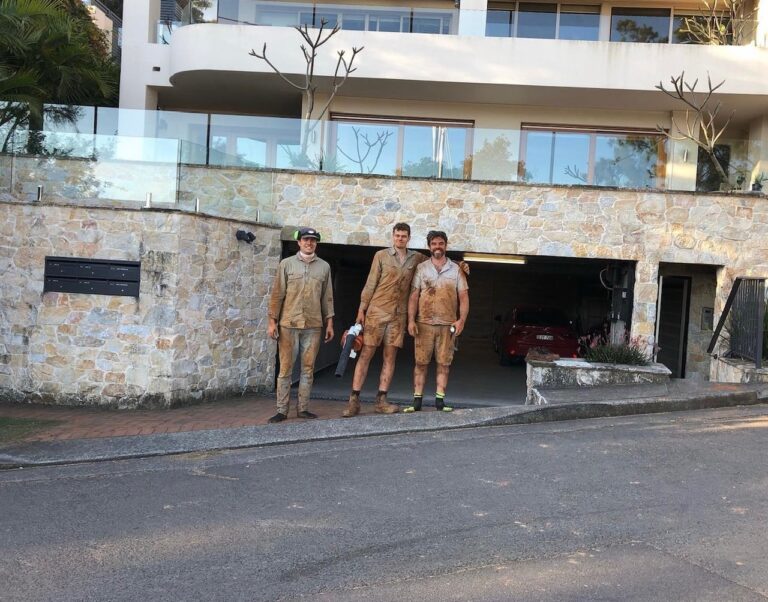
Operator of Sydney Gardeners
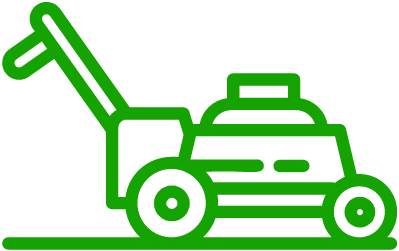
Garden maintenance is a top quality services provided throughout Sydney.

NDIS gardening service is a specialized offering tailored for individuals with disabilities.
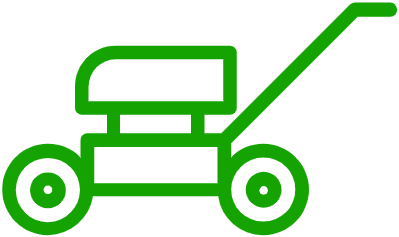
Sydney lawn mowing is a top of the range high quality service
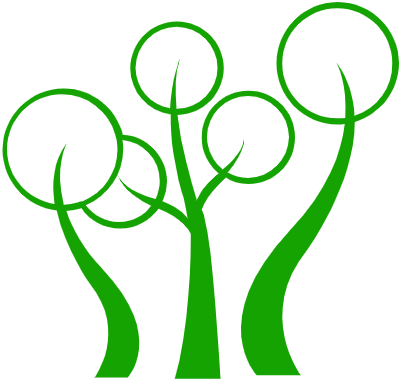
We love everything trees, safety and efficiencey is priority.
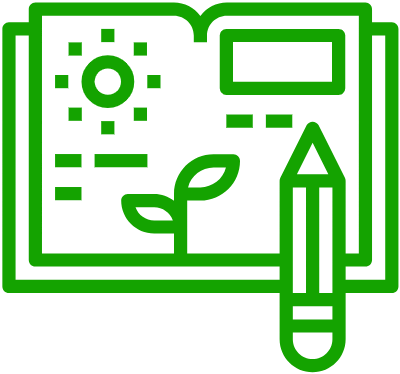
Nothing better than a good contract. Stay organised with us.